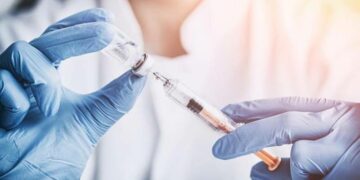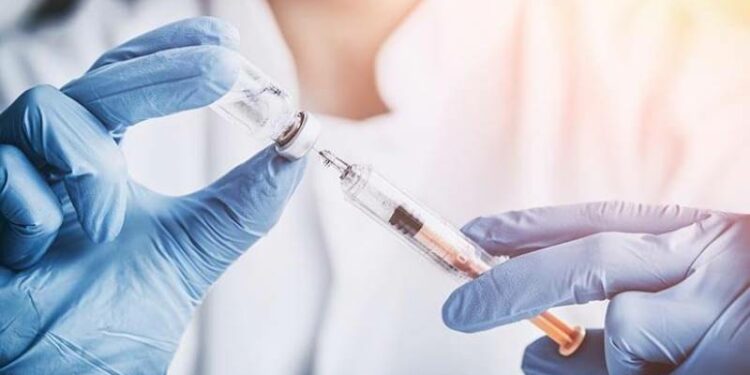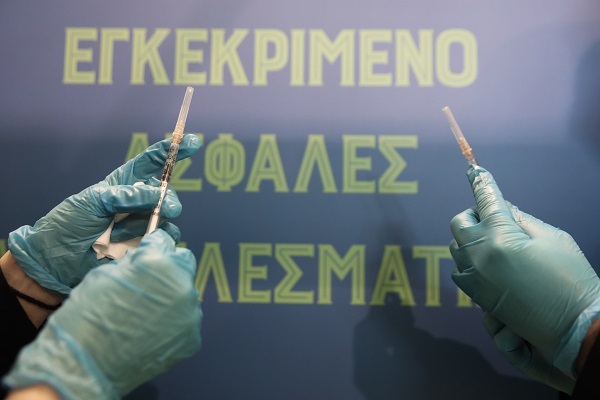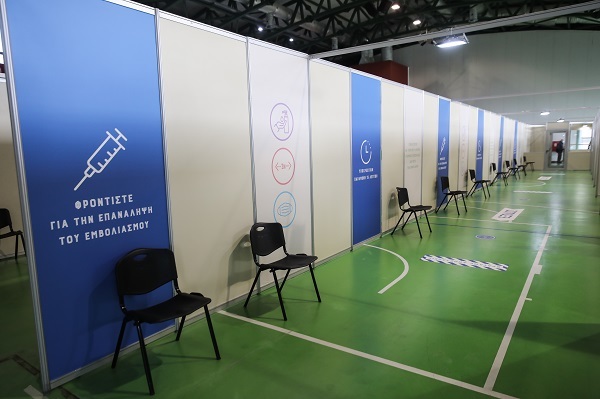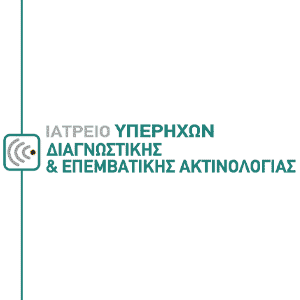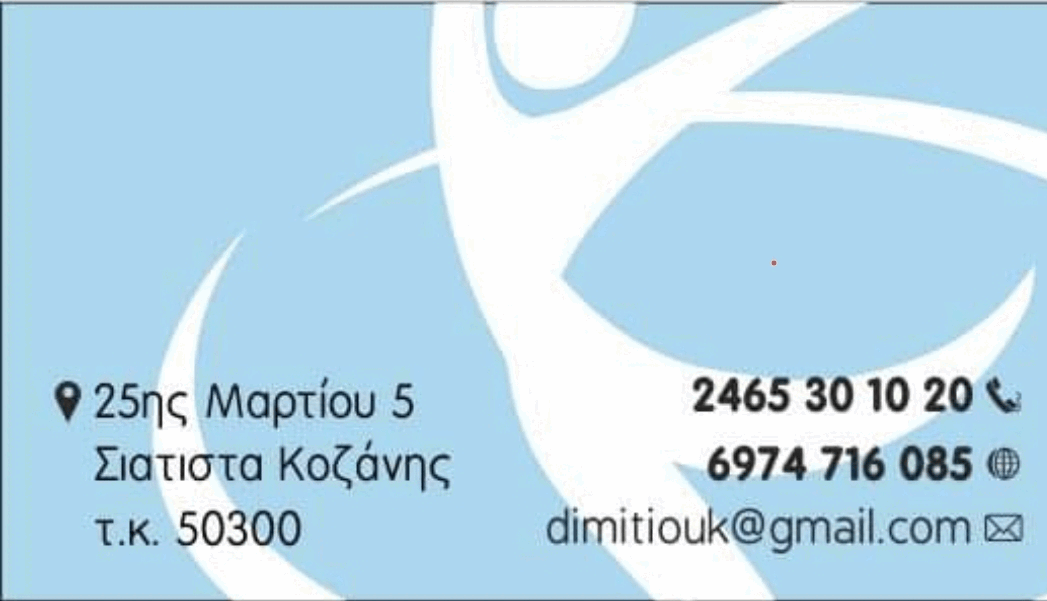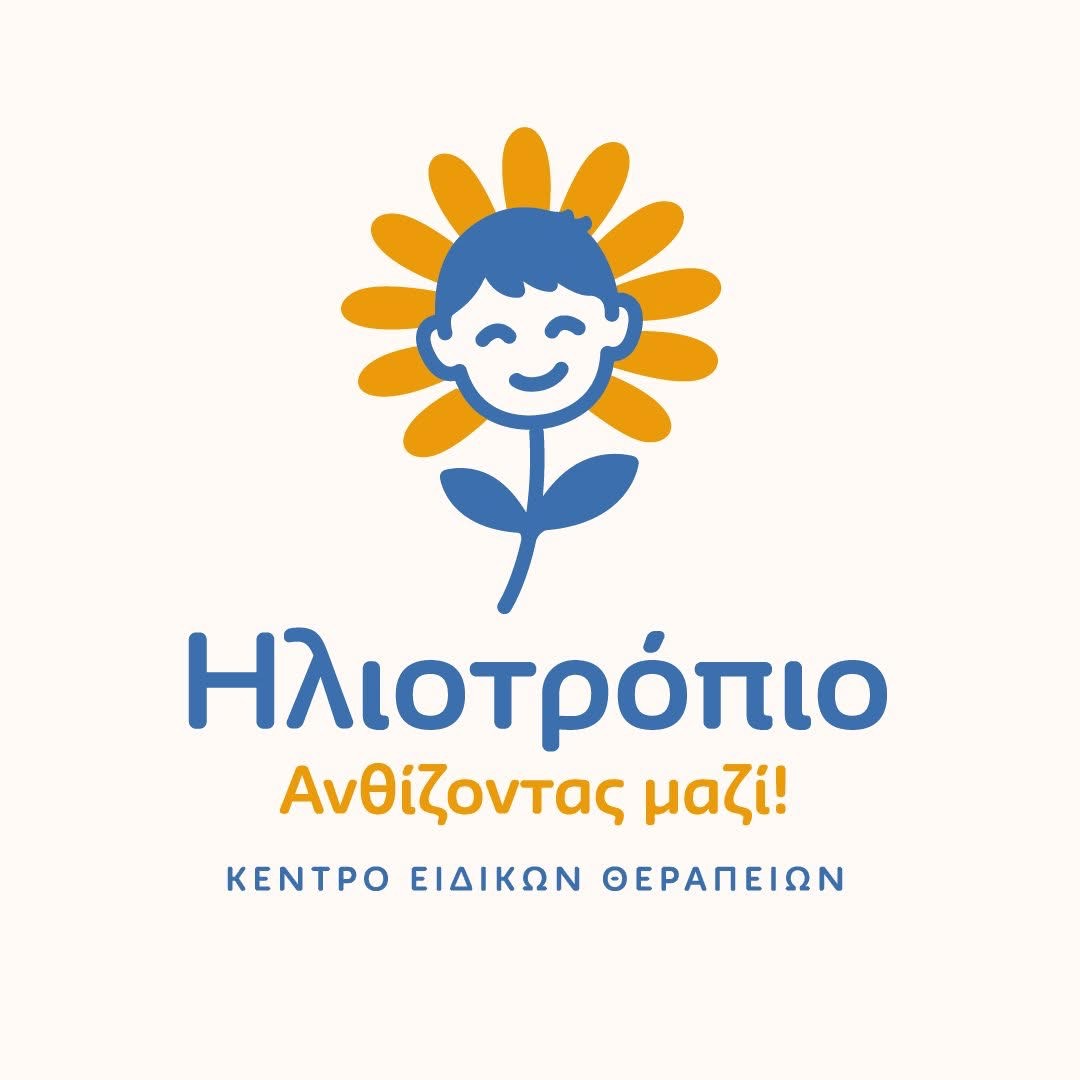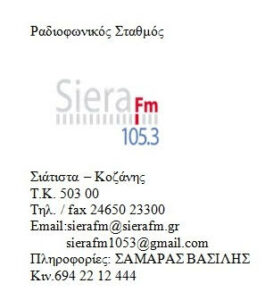Άνοιξε το απόγευμα της Δευτέρας το emvolio.gov.gr για τα εμβόλια που αφορούν στις παραλλαγές του στελέχους Όμικρον του κορονοϊού
Με δεδομένο ότι ο κορονοϊός εξακολουθεί να βρίσκεται ανάμεσά μας, από την Τετάρτη (14/9) ξεκινά μία νέα εμβολιαστική εκστρατεία. Ο βασικός εμβολιασμός και οι αναμνηστικές δόσεις προστατεύουν από σοβαρή νόσο και θανάτους, όμως η περιορισμένη διάρκεια της ανοσίας και η εμφάνιση μεταλλάξεων υπαγόρευσαν την ανάγκη νέων εμβολίων.
Έτσι, στη φαρέτρα έναντι του ιού προστίθενται τα επικαιροποιημένα εμβόλια, ενώ εξακολουθούν να είναι διαθέσιμα και τα αρχικά, για όσους δεν έχουν ολοκληρώσει το βασικό εμβολιασμό τους.
Συγκεκριμένα, όπως ανακοινώθηκε χθες άνοιξε το απόγευμα της Δευτέρας η πλατφόρμα για τον εμβολιασμούς οι οποίοι ξεκινούν αύριο Τετάρτη 14 Σεπτεμβρίου.
Ο βασικός εμβολιασμός και οι αναμνηστικές δόσεις προστατεύουν από σοβαρή νόσο και θανάτους. Όμως η περιορισμένη διάρκεια της ανοσίας και η εμφάνιση μεταλλάξεων υπαγόρευσαν την ανάγκη νέων εμβολίων, ανέφερε η πρόεδρος της Εθνικής Επιτροπής Εμβολιασμών Μαρία Θεοδωρίδου, κατά την σημερινή έκτακτη ενημέρωση για το Εθνικό Σχέδιο εμβολιαστικής κάλυψης για τη νόσο COVID-19.
Ο ΕΜΑ προχώρησε στην έγκριση δύο επικαιροποιημένων εμβολίων των εταιρειών Pfizer/BioNTech και Moderna που στοχεύουν την Όμικρον, καθώς και το αρχικό στέλεχος του κορονοϊού, ώστε να ξεκινήσουν γρήγορα οι εκστρατείες εμβολιασμού. Οπως είπε η κ. Θεοδωρίδου επιδιώκεται αύξηση των επίπεδων των εξουδετερωτικών αντισωμάτων και άρα είναι αποτελεσματικά στις μεταλλάξεις 1,2 και 5 της Ομικρον. Οι ανεπιθύμητες ενέργειες είναι ανάλογες με τις ανεπιθύμητες ενέργειες που έχουν καταγραφεί και με τα προηγούμενα, δηλαδή ήπιες.
Eπικαιροποιημένα εμβόλια: Μπορούν να χορηγηθούν από την ηλικία των 12 ετών
Σύμφωνα με τον ΕΜΑ μπορούν να χορηγηθούν από την ηλικία των 12 ετών και οι συστάσεις καθορίζονται από τις εθνικές αρχές. Τα επικαιροποιημένα εμβόλια προορίζονται μόνο για αναμνηστική δόση, μετά τη συμπλήρωση του αρχικού εμβολιασμού (δυο δόσεις για υγιή άτομα και 3 για ανοσοκατεστασμένα) ανεξάρτητα από ποιο εμβόλιο είχε γίνει. Χορηγούνται σε χρονικό διάστημα τριών μηνών μετά την τελευταία δόση εμβολίου ή τη νόσηση.
Προτεραιότητα έχουν τα άτομα με αυξημένο κίνδυνο, άτομα ηλικίας 60 ετών και άνω, 12-15 ετών που ανήκουν σε ομάδες αυξημένου κινδύνου, άτομα που διαμένουν και εργάζονται σε μονάδες φροντίδας ηλικιωμένων και χρονίως πασχόντων, ανοσοκατεσταλμένοι και επαγγελματίες υγείας.
Ποιοι μπορούν να κάνουν τα νέα εμβόλια
Τα επικαιροποιημένα εμβόλια προορίζονται μόνο για αναμνηστική δόση, δηλαδή, μπορούν να τα λάβουν μόνο όσοι έχουν ολοκληρώσει τον βασικό εμβολιασμό τους, (δύο δόσεις για τα υγιή άτομα και τρεις δόσεις για τα ανοσοκατασταλμένα), ανεξάρτητα από το είδος του εμβολίου που χρησιμοποιήθηκε (AstraZeneca, Johnson, Pfizer ή Moderna). Αναφορικά με τους ανεμβολίαστους, ή πλημμελώς εμβολιασμένους, σε περίπτωση που ενδιαφέρονται να εμβολιαστούν, θα τους χορηγείται το μονοδύναμο εμβόλιο, δηλαδή το πρωτογενές, σε δύο δόσεις (Pfizer, Moderna).
Ποιοι πρέπει να λάβουν την ενισχυτική δόση
Οι γενικές κατηγορίες πολιτών, στους οποίους συστήνεται η χορήγηση της ενισχυτικής δόσης, είναι:
όλα τα άτομα άνω των 60 ετών.
όλα τα άτομα 12-15 ετών που ανήκουν σε ομάδες αυξημένου κινδύνου,
άτομα που διαμένουν ή εργάζονται σε μονάδες αυξημένης φροντίδας ηλικιωμένων,
επαγγελματίες υγείας
άτομα που διαμένουν με άτομα που βρίσκονται σε ανοσοκαταστολή.
φροντιστές ατόμων που πάσχουν από νοσήματα αυξημένου κινδύνου και κινδυνεύουν από τις επιπλοκές του κορονοϊού.
Σήμερα Τρίτη (13/9) η Επιτροπή συνεδριάζει εκ νέου, με σκοπό την κατάρτιση συμπληρωματικού καταλόγου με όλα τα χρόνια νοσήματα που εμπίπτουν στην αναγκαιότητα για εμβολιασμό με αναμνηστική δόση. Οι επιστήμονες, πάντως, δεν αποκλείουν το ενδεχόμενο να επεκταθεί η σύσταση και στους υγιείς πολίτες, εφόσον οι περιστάσεις το απαιτήσουν.
«Υπάρχει σκέψη, διότι υπάρχουν και άτομα τα οποία εκτίθενται σε σοβαρό κίνδυνο κι επομένως μπορούν να διαφοροποιηθούν ή ακόμη και επιθυμούν να κάνουν ένα εμβόλιο.
Όλα θα τα λάβουμε υπόψιν μας. Είναι από αυτά τα θέματα που σας είπα ότι θα τα επεξεργαστούμε και θα τα αποτυπώσουμε στην συνεδρίαση συμπληρωματικά στον μεγάλο κατάλογο που έχουμε ήδη διαμορφώσει για τα νοσήματα, για τις καταστάσεις που συστήνεται ο εμβολιασμός», ανέφερε η πρόεδρος της Επιτροπής.
Πότε χορηγούνται τα νέα εμβόλια
Τα νέα επικαιροποιημένα εμβόλια χορηγούνται, σύμφωνα με τις συστάσεις της Εθνικής Επιτροπής Εμβολιασμών, σε χρονικό διάστημα τουλάχιστον τριών μηνών μετά την τελευταία δόση εμβολίου ή μετά τη νόσηση. Στο σύστημα, πέρα από τις ενδείξεις «αναμνηστική» και «1η» και «2η δόση», θα υπάρχει η ένδειξη «Pfizer» για τα αρχικού τύπου και «Pfizer BA1» για τα επικαιροποιημένα εμβόλια. Όσοι πολίτες έχουν προγραμματισμένο ραντεβού για αναμνηστική δόση με τα αρχικού τύπου εμβόλια, μπορούν αν θέλουν να αναπρογραμματίσουν το ραντεβού τους με τα επικαιροποιημένα.
«Βλέπουμε μια σημαντική διεύρυνση στο άμεσο μέλλον των επιλογών και αυτό που περιμένουμε από αυτή την ύπαρξη πολλών τύπων εμβολίων είναι ουσιαστικά η μείωση της μεταδοτικότητας των νέων παραλλαγών. Ο βασικός και κύριος στόχος είναι, και αυτό πρέπει πάντα να το έχουμε κατά νου, η ενίσχυση της ανοσίας για την πρόληψη της σοβαρής νόσου και των θανάτων», ανέφερε η κ. Θεοδωρίδου, τονίζοντας ότι ο έγκαιρος εμβολιασμός με την αναμνηστική δόση είναι σημαντικότερος από τον τύπο του εμβολίου που θα χορηγηθεί.
Σήμερα κληρώνει για πέμπτη δόση
Στην σημερινή συνεδρίαση, η επιτροπή εμβολιασμών θα αποφασίσει αν τελικά πρέπει να γίνεται και πέμπτη δόση στους άνω των 60 ετών αλλά και στους ανθρώπους με χρόνια νοσήματα, όπως είπε σήμερα η πρόεδρος της επιτροπής καθηγήτρια Μαρία Θοδωρίδου απαντώντας σε σχετικές ερωτήσεις δημοσιογράφων.
Η ίδια μίλησε για την ψυχολογική κόπωση των πολιτών από τους συνεχείς εμβολιασμούς και είπε πως είναι ένα διεθνές φαινόμενο που πρέπει να αντιμετωπιστεί με πειθώ και επιχειρήματα προς τους πολίτες και όχι επιπλέον πίεση.
Ως γνωστόν η επιτροπή είχε συστήσει την τέταρτη δόση στους άνω των 60 και σε όσους έχουν σοβαρά νοσήματα με τα υπάρχοντα εμβόλια. Αυτό που διευκρίνισε η πρόεδρος της επιτροπής είναι ότι θα πρέπει να έχουν περάσει τουλάχιστον τρεις μήνες από την τελευταία δόση, ή την νόσηση τους για να μπορούν να κάνουν το επικαιροποιημένο εμβόλιο.
Πηγή: dikaiologitika.gr
